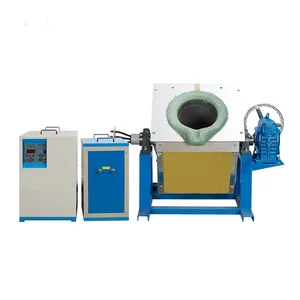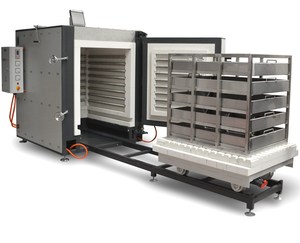Understanding the Need for a Furnace
When winter weather hits, having an effective heating system is paramount. The need for a furnace arises not only from the desire to maintain a comfortable indoor environment but also to ensure the safety and health of individuals within a space. A furnace is a vital component of any heating, ventilation, and air conditioning (HVAC) system, designed to provide warmth and comfort during colder months.
Types of Furnaces to Meet Your Needs
Furnaces come in various types, each designed to cater to specific heating needs and preferences. Understanding these options can help you make an informed choice when addressing your need for a furnace.
- Gas Furnaces: Utilizes natural gas to produce heat, offering high efficiency and lower operating costs, making it an optimal choice for most households.
- Electric Furnaces: Suitable for regions where natural gas is not readily available. While they tend to have higher operational costs compared to gas options, they offer excellent reliability.
- Oil Furnaces: Less common today, oil furnaces are used in areas without access to natural gas. They can deliver high warmth even in the coldest climates.
- Propane Furnaces: Ideal for homes without natural gas, propane furnaces provide a clean-burning fuel option that can be both efficient and effective.
Applications of a Furnace in Various Settings
The need for a furnace extends beyond residential settings; various applications highlight its versatility and importance:
- Residential Heating: Essential for maintaining a warm, comfortable home during winter.
- Commercial Spaces: Used in offices, retail spaces, and warehouses to provide a stable environment for workers and customers alike.
- Industrial Settings: Employed in manufacturing processes that require precise heating mechanisms to ensure safety and efficiency.
- Emergency Heating: Serves as a critical backup system during unexpected power outages or heating failures.
Features and Advantages of Modern Furnaces
Modern furnaces have evolved, delivering increased efficiency and enhanced features to meet the growing need for a furnace. Here are some highlights:
- Energy Efficiency: Many furnaces now come with high-efficiency ratings, significantly lowering energy bills and reducing the carbon footprint.
- Smart Technology: Connected thermostats and apps allow users to monitor and control their heating remotely, ensuring optimal comfort and energy usage.
- Quiet Operation: Advanced sound insulation technology allows modern furnaces to operate quietly, enhancing the overall comfort of living spaces.
- Air Filtration Systems: Furnaces can be equipped with high-efficiency particulate air (HEPA) filters to improve indoor air quality, removing allergens and pollutants.
- Durability: Built with high-quality materials, modern furnaces are designed to provide reliable service for many years with minimal maintenance.





























